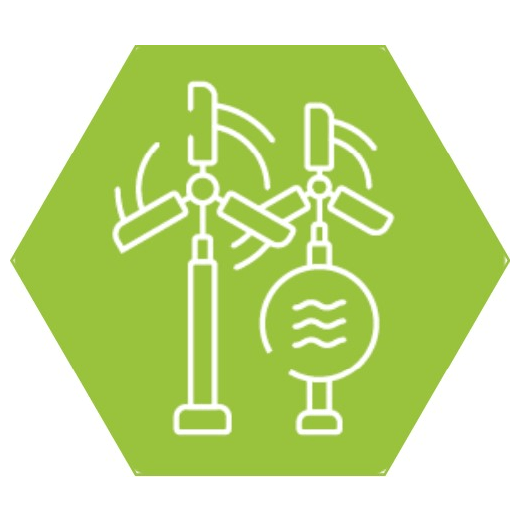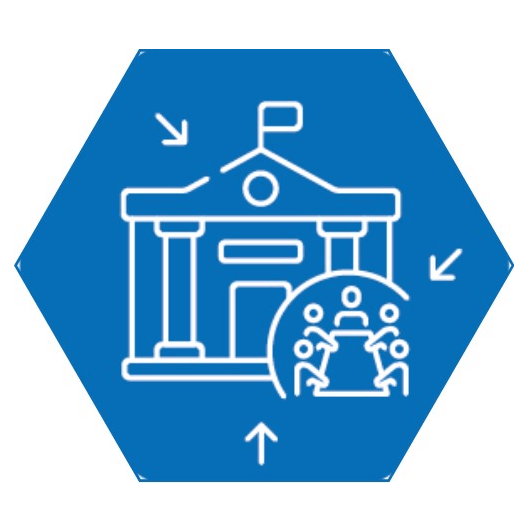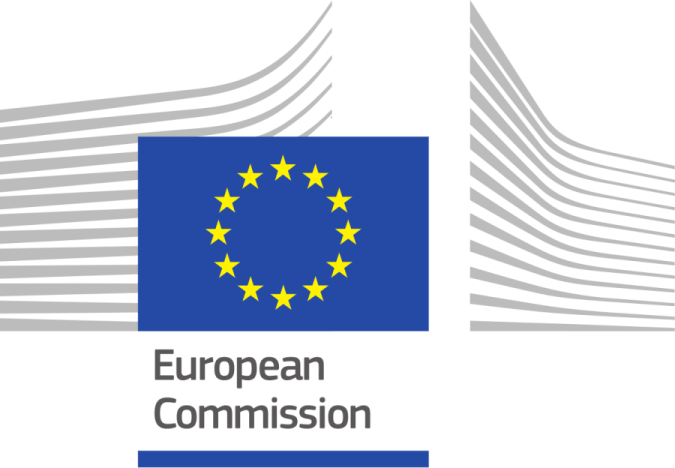
The Interreg VI-A Romania-Hungary Programme
The Interreg VI-A Romania-Hungary Programme (ROHU Programme) is a territorial cooperation programme between two member states, Romania and Hungary, funded through the European Regional Development Fund (ERDF)
The vision for the ROHU Programme is a greener, more resilient, and cohesive cross-border region between Romania and Hungary, with enhanced understanding of cooperation opportunities, increased trust and reduced barriers to cooperation, towards Agenda 2030 common targets with a more sustainable cooperation framework.
The main categories of applicants who can benefit from funding through the program are:
- Public authorities



